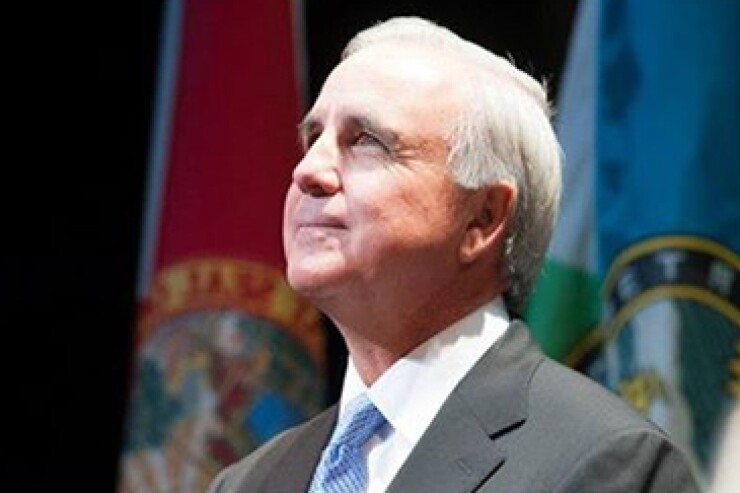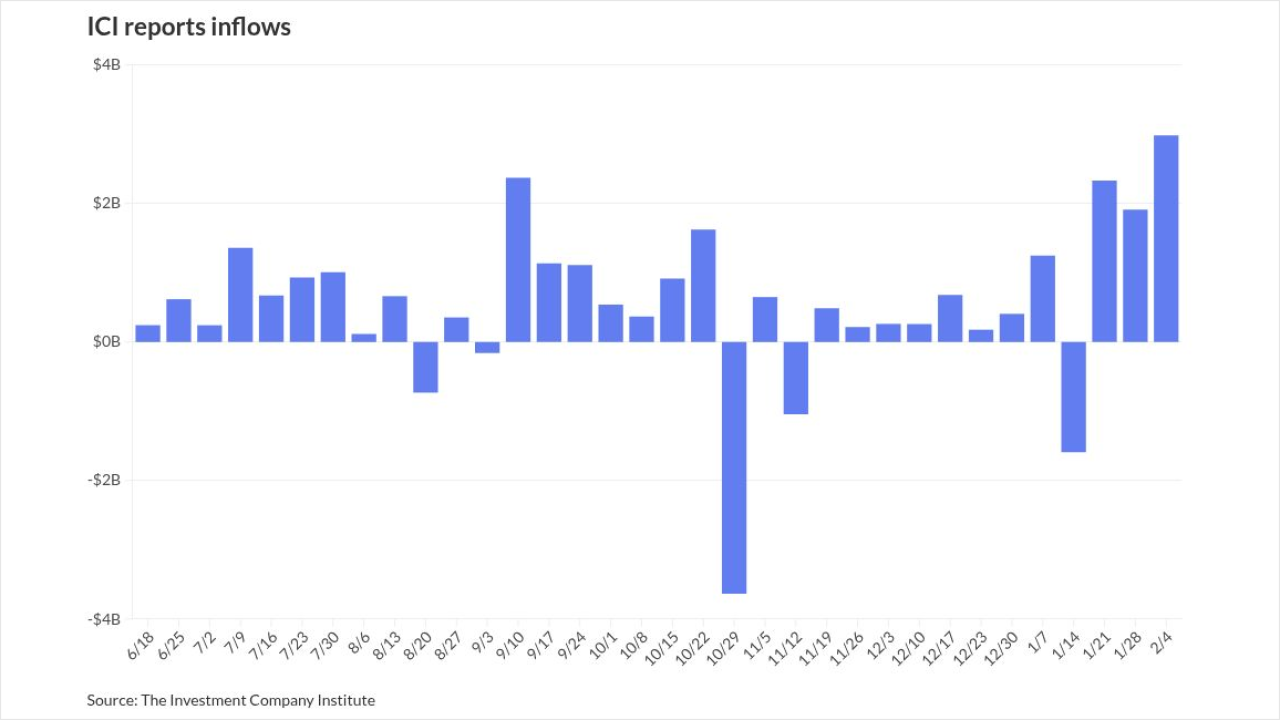
BRADENTON, Fla. - Facing the potential loss of millions in federal funds, the Miami-Dade County Commission decided it will comply with immigration authorities' orders to hold jailed undocumented inmates.
The commission voted Friday to change its stance on the issue, becoming what is believed to be the first county in the nation hoping to shed a "sanctuary" designation the county received because the federal government doesn't reimburse the full cost of holding the prisoners.
After hearing testimony for four hours from dozens of people and children who pleaded for the county to maintain its policy they saw as a shield for immigrants, Miami-Dade County Mayor Carlos Gimenez said the county's position has been either misunderstood or misrepresented.
The mayor portrayed the county's previous policy as more of a billing dispute with the federal government than any endorsement of "sanctuary" for undocumented immigrants.
In 2013, the county implemented a policy that allowed its corrections department to honor detainee hold requests submitted by the U.S. Immigration and Customs Enforcement only if the county is reimbursed for all costs, and the detainee either was previously convicted of a forcible felony or was charged with a non-bondable offense.
Gimenez said the policy was approved because between 2006 and 2013, the county billed ICE nearly $2 million for its added costs to hold detainees, but the agency paid the county about $2,000.
"The county never considered itself a sanctuary community," he said.
Nonetheless, the Department of Justice placed Miami-Dade County on a list of cities and counties it identified as providing sanctuary to undocumented aliens by refusing to fully cooperate with hold requests submitted by ICE.
The detainer requests ask local governments to hold inmates that ICE has identified as undocumented aliens for an additional 48 hours after local authorities could have released those inmates, to give the federal agency time to take the inmates into custody.
Last month, after President Donald Trump signed an executive order threatening to crack down on "sanctuary cities" by threatening to withhold federal funds, Gimenez unilaterally revoked the county's 2013 policy, leading to Friday's meeting sought by commissioners who questioned the mayor's action.
Non-compliance with ICE requests jeopardizes $350 million the county currently receives for public housing, transportation, and the police department, he said.
"We can't afford to lose federal funding and that's why I think it's necessary to honor the federal government's requests," said Gimenez, a Republican. "Our police officers will not become immigration officers."
Commissioner Jean Monestime, a Democrat who voted against changing the policy, said that revoking it allows the federal government to create "another unfunded mandate."
Monestime also said several courts have concluded that immigration detainer requests are voluntary, not mandatory, and that the county could be liable for improperly detaining individuals that could have been released.
"Miami-Dade County has a long, proud history as a gateway to freedom," he said, referring to Cuban and other immigrants fleeing hardships in their country to the U.S. "Today cannot be about money."
Commissioner Sally Heyman, a Democrat who sponsored the policy adopted in 2013, said she has tried to no avail since February 2016 to get a definition of what a sanctuary city is, and what it means for local governments with the label. While Heyman said the "sentiment" she received was not to worry about it because there was no definition and almost 400 cities and counties were in the same position, "post-election became a greater concern" for her.
"I believe this is a crisis situation of very real consequences," she said, adding that even if Trump could not withhold federal funds without approval from Congress, remaining on the sanctuary list could prevent the county from obtaining federal discretionary funding for grants and planned transportation projects.
If being labeled a sanctuary that could hurt the county's changes of getting federal money, Heyman said, "then I'm willing to say…quit giving them a bill they are not going to pay and maybe we will get off the list."
The commission voted 9-3, including Heyman, to adopt a resolution rejecting the sanctuary designation and ordering the county to comply with ICE detainer requests.
In a 7-4 vote, the commission also directed the county attorney's office to legally challenge any attempt by the federal government to deny the county federal funding based on its new immigration detainer policy.





